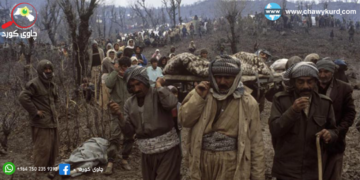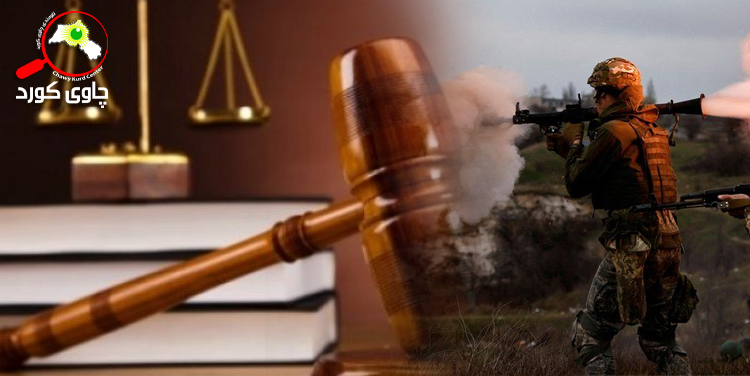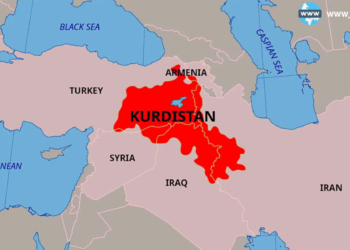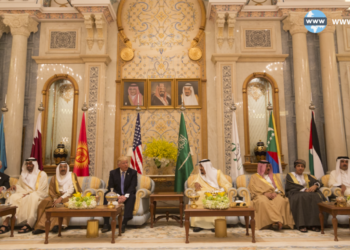The International Criminal Court (ICC) was established twenty-five years ago, however war and war crimes continue in various countries. The UN attributes the factor to the lack of commitment of states to prosecute and punish perpetrators of human rights violations. Observers believe that unless powers such as Russia, China and the United States become members of the International Criminal Court, war criminals maintain on their crimes and remain unpunished.
During the 20th century, two world Wars occurred, mass violence occurred in several countries, according to some estimates; about (170) million civilians confronted genocide, war crimes and crimes against humanity.
Although after the end of the World Wars, the international community assured “no more wars,” but in the second half of the last century, hundreds of thousands and in some cases millions of were killed in diverse places of the world.
“From Rwanda to Rome”
In 1994, members of the ruling Hutu tribe killed nearly 800,000 Tutsis in Rwanda in 100 days. Despite having accurate and credible information about the genocide that was about to take place in Rwanda, the United Nations, its state’s member and the international community did not intervene to prevent the tragedy. After the massacre, the idea of establishing an international criminal court came to prevent impunity for the worst atrocities committed by humans. In the summer of 1998, the international community met in Rome at a major diplomatic conference under the sponsorships of the United Nations. In order to negotiate a law to create an institution with broad judicial powers, to try those accused of committing the most dangerous crimes in the world.
At the end of the conference, an international treaty known as the “Rome Statute” was signed, which is considered the rules of procedure of the permanent Supreme Judicial Council. At the conference, 120 countries voted in favor of the establishment of the court, seven countries voted against and 21 countries did not participate in the vote, but this vote was not enough to lead the state to become a member of the court.
“The US Front and the Arab States”
Despite widespread international support, the world’s major military powers voted against the ICC, the United States opposed the adoption of the law with a number of foreign allies, and constantly raised arguments against the court and its law.
The Convention came into force in 2002 after being ratified by 60 countries. The number of member states reached 124 by 2016, whereas almost all Arab countries have not become members of the Court, except Jordan and the Comoros. , Tunisia, Djibouti and Palestine, and even some states – such as Qatar, Saudi Arabia, Iraq, Lebanon and Libya – have only signed the treaty.
Power’s responsibility
So far, Russia, China and the United States, as the three world powers, have refrained from participating in the ICC. Observers say the refrain allows war criminals to do what they want. So when will these countries give up the idea that their own war criminals should be allowed to go unpunished? Isn’t it time for these states to become members of the International Criminal Court?
According to the United Nations, impunity occurs when states fail to fulfill their obligations to investigate human rights violations, fail to take appropriate steps to ensure the prosecution and punishment of suspects, and neglect to prosecute suspects of human rights violations.



























































